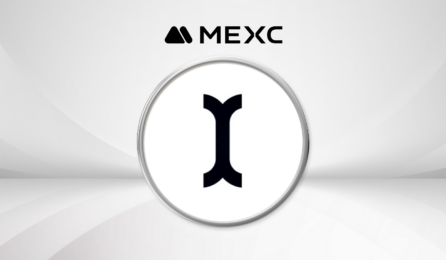
Japan’s FSA approves Huobi token amid improving protections
- This approval will see Huobi Token will start trading on May 1.
- Huobi Token has joined another 25 tokens that the FSA has already approved.
- FSA’s strict crypto regulations aim to protect investors against fraud.
The Huobi Token (HT) has become the first international exchange token that Japanese financial regulators have approved. A news release unveiled this news on April 24, noting that the country’s Financial Services Agency (FSA) deems HT fully compliant. Through this approval, the agency has given HT the green light to trade in the world’s second-largest digital asset market starting May.
Per the news release, Huobi Token has joined the list of 25 other tokens that the FSA has approved thus far. HT’s approval reportedly marks a significant milestone for Huobi’s ongoing efforts of becoming compliant globally.
This news comes as Japan continues tightening regulation to better define cryptocurrencies. In the past year, the Japanese House of Representatives revised the Payment Services Act (PSA) and the Financial Instruments and Exchange Act (FIEA). The amended acts are set to go into effect from May 1.
Amendments seek to protect investors
Copy link to sectionReportedly, some of the amendments will strengthen the protections for investors in the crypto space. Crypto custody providers were previously not under the scope of the PSA. However, the recently-made changes will see their activities become part of the PSA mandate.
The FSA will also regulate crypto derivatives businesses. As such, all crypto derivatives businesses will have to register under the FIEA before commencing their operations in the country. At the moment, crypto derivatives transactions that are settled in crypto fall under the PSA. However, as of May 1, they will fall under the scope of the FIEA.
To further protect crypto investors, the revised version of the PSA will also require exchanges to safeguard user fiats by storing their deposits in a trust account. On top of this, exchanges will have to keep digital assets in cold wallets or their equivalent.
The rules also specify that exchanges should not hold more than 5 percent of the aggregate customer funds in hot wallets.
Tightening regulations set to boost maturation of the crypto sector
Copy link to sectionIn an interview, Joerg Schmidt and So Saito from So & Sato said,
“The market is highly regulated in Japan. What seems to be a regulatory overkill, at first sight, is likely to help the market to mature in the mid to long term. This will allow more institutional players to enter the market and to increase their stake in the digital asset space.”
Do you think strict crypto regulations in Japan will help usher institutional investors into the nascent sector? Share your thoughts in the comment section below.







